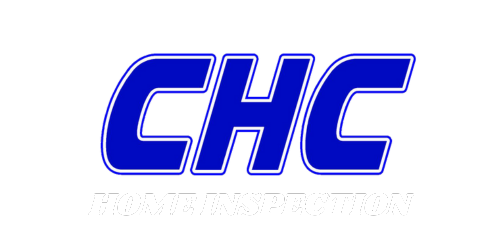Septic System Inspections: 6 Questions You Need to Ask
If you live in a rural area or your residence is not connected to a sewer system, chances are, you are familiar with a septic system. For those unfamiliar, a septic system is how a home without connections to a sewer system treats and manages its wastewater by collecting it from your home, retaining the sewage in secure tanks, removing any pollutants, and returning the treated materials to your property’s soil or to the surrounding land.
Septic systems are more common than you think—approximately 1 out of every 5 homes relies on a septic system. Like all significant systems, inspection and maintenance are crucial for the health and life of your septic unit. Unfortunately, most people don’t think about their waste management system until it stops working, and many costly problems can be prevented with an inspection every three to five years. The CHC Home Inspection team wants you to be informed about your septic system inspection, so we’re sharing six questions you need to ask.
How much does an inspection cost?
The cost for most inspections varies, starting at few hundred dollars depending on the size of your septic system, its location, and the equipment your inspector must use to access the system. Inspection is much less costly than an eventual repair.
What happens during the inspection?
There are two types of septic inspections—visual and complete. When performing a visual inspection, your inspector will ask about the age and maintenance history of the system. They will also flush toilets and turn on faucets to check for adequate pressure and drainage.
The other, a full inspection, is much more in-depth. The inspector will remove the cover from the tank to check the water level and verify that it drains as it should. The water will be run in your home, toilet, or faucet to see if the water level rises as this water drains from your home. Then the septic system is pumped and checked to see if there is any backflow from the absorption area. If there are no issues with backflow, the water level will be reviewed a final time to ensure no blockages or problems with draining.
How long will my septic system last?
With proper care and maintenance, the lifetime of a septic system can easily last for decades.
What are some common issues found during septic system inspections?
The system isn’t the proper size for the home. Guidelines for septic system sizes are based on the number of bedrooms in a home. A four-bedroom home needs at least a 1,200-gallon tank.
Your tank may have an imbalance of bacteria. An aerobic treatment system uses bacteria and oxygen to degrade waste. If the system is unused for an extended period of time, the bacterial load may decrease, causing the system to be less efficient.
Questions to ask the seller if you’re buying a home with a septic:
How old is the home?
Have you had any issues with the system or had to make repairs since you owned the house?
When was the last time the system was pumped and fully inspected?
How can I keep my septic system in good condition?
Don’t flush items that cannot be easily broken down in the septic. This includes baby wipes, paper towels, and feminine hygiene products.
Avoid introducing harmful chemicals and medication to your septic system. This can disrupt the bacteria in the tank and cause problems in the future.
Contact Us
If you’re buying or selling a home or haven’t had a septic system inspection in over three years, contact us at 1-800-975-0275 to schedule yours. CHC Home Inspection offers several home inspection services, including termite and air quality inspections. We’re located in Lexington, KY, and are happy to serve Lexington, Louisville, Liberty, Somerset, Georgetown, Nicholasville, and Central KY.

